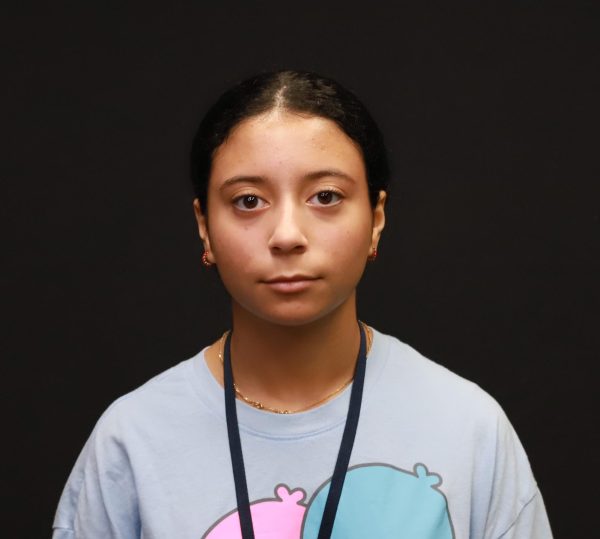Learning a second language is a graduation requirement with the objective to teach students to not only reach out and explore other cultures but to develop an overall mastery of a second language. However, when seen on paper, this requirement appears stale and can only be appreciated when told from the perspective of a multilingual.
Owen Van Geene, a junior, is fluent in 4 languages including papiamento (a creole native to Aruba), Dutch, Spanish and English. Although most of his schooling helps reinforce his English, his constant use of other languages keeps him from forgetting them entirely.
“I [mostly] speak papiamento with my family and [I speak] Dutch with my sisters because of my grandparents,” Van Geene said, “I speak Spanish everyday because I take [Spanish for Spanish Speakers] although I’ve gotten used to English now that I live in the US.”
Due to his Dutch ancestry and experience living in Aruba, Van Geene has always been surrounded by various languages accompanied by their cultures; leading him to have the advantage of being linguistically diverse.
“Dutch [is my preferred language] even though it isn’t my first language- I grew up speaking it in Aruba and I think they have a [better connection to the] culture because of my grandparents,” Van Geene said. “I think that’s why culturally I will be closer to Dutch more than anything else.”
Apart from the cultural advantage, the process of learning multiple languages helps exercise the brain and allows people to be more open minded about the world around them. Amira Albar, a junior, is fluent in English and Indonesian and is on track to mastering German to expand her knowledge.
“I’m definitely more [confident in] English especially because I do school in English and I know more vocabulary in general, but Indonesian is definitely really fun to express myself because it’s got a lot of emotional expressions that I don’t find in English,” Albar said.
One unique aspect about learning more languages is finding the perfect phrases to convey thoughts or emotions; phrases or words that cannot be directly translated into another language are all the more unique. Grammatical structure is another overlooked aspect when it comes to learning a new language.
“I definitely think [knowing multiple languages broadens my perspective]- especially considering the other languages I know are not directly attached to English in terms of linguistic history.” Albar said.
Anjali Negandhi, a freshman, is fluent in English, French, and Gujarati- a dialect closely related to Hindi- but special in its own right.
“There’s this one phrase in Gujarati that people say when you do a good job on something- it makes me feel good but it’s better than saying ‘good job,’” Negandhi said. “My parents could say it or anyone can say it to me and I would instantly feel better about myself.”
Furthermore, a more common but nonetheless useful reason to learn another language is to become familiar with a region when traveling.
“[I would encourage people to learn more languages] for travel- when you’re traveling, Negandhi said. “Knowing the native language can be really useful for talking to more people (obviously) feeling more included in that region,”
Whether intentional or not, language links one to a culture and history that they may not be familiar with but is still important to thousands of people. Knowing another language leaves people with a bigger sense of responsibility to uphold the values that a culture holds most dear.
“Language definitely broadens your perspective on things that are more important and have more of an effect in your daily life like politics and government,” Albar said. “It [also] helps you learn about different struggles that are happening around the world and gives you a little more empathy.”



